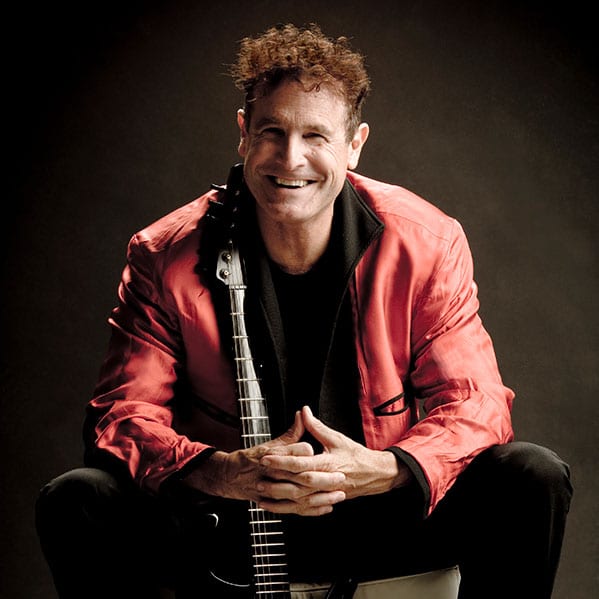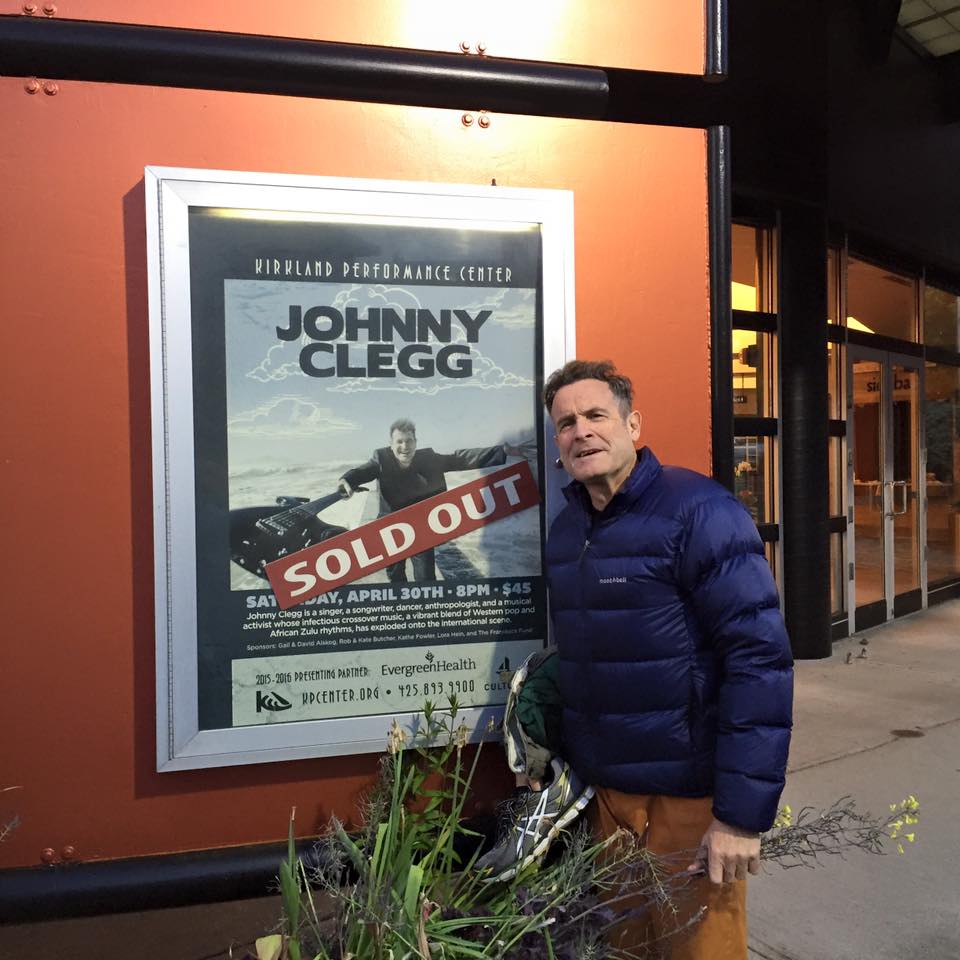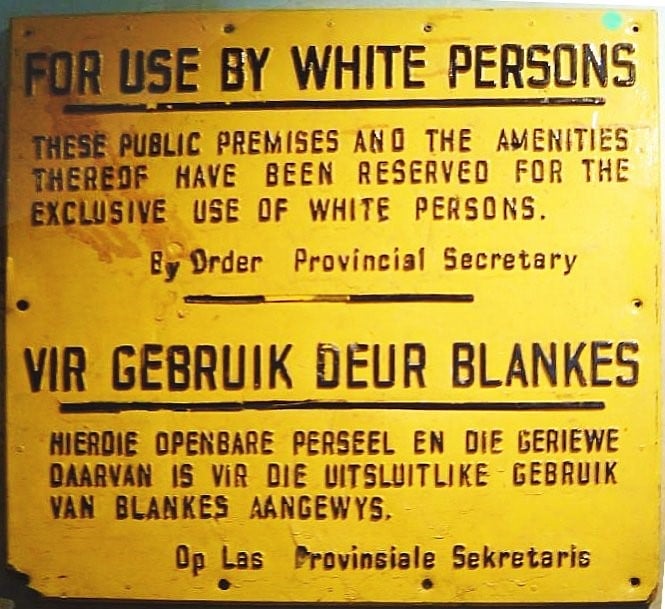
Scroll down for printables.
Johnny Clegg (1953-2019) was a South African musician, popularly called the “White Zulu.” His musical collaborations in the late 20th century made a powerful statement against apartheid, the enforced segregation of black and white people and traditions in South Africa.
Childhood
Born in England, Clegg moved with his mother to her homeland, Rhodesia (now Zimbabwe) when he was a small child. There she met and married a South African journalist, and moved to Johannesburg, South Africa.
Clegg’s home environment was both musically and politically liberal; his stepfather was an anti-apartheid crime reporter with an interest in black African culture, and his mother was a cabaret singer. As a young adult, Clegg studied social anthropology, and after receiving a master’s degree, taught at a university for several years. In the 1970s he left his teaching position to focus on musical pursuits.
Music and dance
As an adolescent in Johannesburg, Clegg encountered the underworld of the city’s Zulu migrant workers’ music and dance. Under the tutorship of Charlie Mzila, a cleaner by day and musician by night, he mastered both the Zulu language, the maskandi guitar and the isishameni dance styles. Clegg’s involvement with black musicians often led to arrests for trespassing on government property and for contravening the Group Areas Act. His first arrest for violating apartheid-era laws in South Africa was at the age of 15.
At the age of 17 Clegg met Sipho Mchunu, a Zulu migrant worker with whom he began performing music. Clegg and Mchunu performed as a duo for a few years before they assembled a band called Juluka. In 1979 Juluka released Universal Men, an album that spoke to the divided lives of the migrant workers who reside and work in the city, separated from their families and homes.
“The White Zulu”
During the early 1980s Juluka gained not only a strong local audience but also an enthusiastic international following, particularly in France, where Clegg fondly was labeled “Le Zoulou Blanc” (“The White Zulu”). Juluka’s success was especially a significant achievement during the apartheid era, when music that was performed by mixed bands was barred from South African radio.
Clegg afterwards embarked on a solo career and released a number of albums. He received numerous international honors for both his music and his philanthropic work. In 2015 he was diagnosed with pancreatic cancer. He held his last concert in 2018, and passed away at his home in 2019, at the age of 66.
.
.
Questions:

- Have you heard the word apartheid before? Do you know what it means? (Par. 1)
- Find the antonym for integration in the the first paragraph.
- Where was Johnny Clegg born?
- What is Rhodesia currently known as?
- What does the word liberal in the third paragraph mean?
- Find a word in the third passage that has a similar meaning than calling or profession.
- What are the three things Clegg learned from Charlie Mzila?
- At what age was Clegg first arrested for violating apartheid-era laws?
- Do you know what the word migrant means?
- What was the name of the band that Clegg and Mchunu assembled?
- What name did the French give Johnny Clegg?
- Do you know what the word barred in the second last paragraph means?
- What does philanthropic in the final paragraph mean?
- What illness was Clegg diagnosed with in 2015?
.
.
Answers:

- Apartheid is a former social system in South Africa in which black people and people from other racial groups did not have the same political and economic rights as white people and were forced to live separately from white people.
- Segregation
- England
- Zimbabwe
- Not opposed to new ideas or ways of behaving that are not traditional or widely accepted.
- Pursuits
- The Zulu language, maskandi guitar, and isishameni dance style.
- Fifteen
- A person who moves from one place to another, especially in order to find work or better living conditions.
- Juluka
- “Le Zoulou Blanc” (“The White Zulu”).
- Ban or prohibit someone or something from doing something – in this case the music was banned from South African radio stations.
- Related to making other people’s lives better. A philanthropist is a person promoting human welfare and social reform.
- Pancreatic cancer
.
.
Printables:
Comprehension worksheet – passage only
Comprehension worksheet – questions and answers only
Comprehension worksheet with questions and answers per paragraph
.
Edublox offers cognitive training and live online tutoring to students with dyslexia, dysgraphia, dyscalculia, and other learning disabilities. Our students are in the United States, Canada, Australia, and elsewhere. Book a free consultation to discuss your child’s learning needs.

